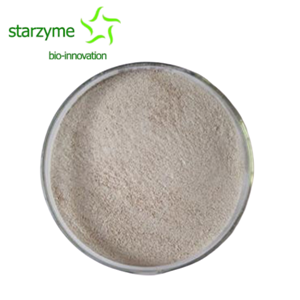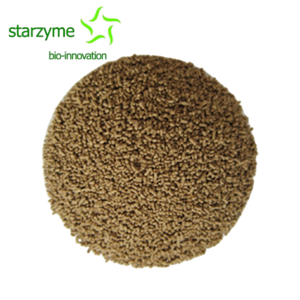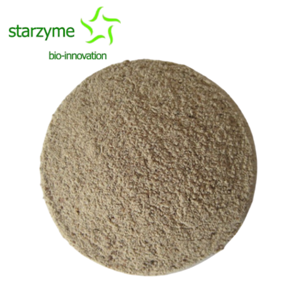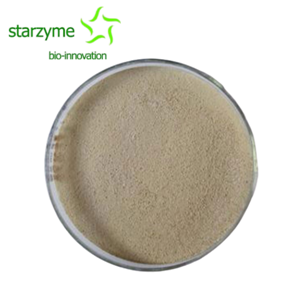Benefits of complex enzymes used in wheat and its by-product diets
Compound enzymes (NSP enzymes) for wheat and its by-product diets
Wheat crops have increasingly become an important source of energy feed in compound feeds, but their wide application is restricted due to their large amounts of anti-nutritional factors-non-starch polysaccharides (NSP, such as arabinoxylan, β-glucan, etc.). Adding NSP enzyme can effectively eliminate the anti-nutritional effect of NSP in wheat feed, comprehensively promote the digestion and absorption of feed nutrients, and improve the production performance of livestock and poultry.
The mechanism of action of NSP enzyme
Destroy plant cell wall structure
The cell wall of wheat is mainly composed of NSP (arabinoxylan, β-glucan, etc.), and monogastric animals cannot secrete enzymes that degrade NSP. Adding NSP enzyme to monogastric animal feed can destroy the cell wall structure of wheat, release various nutrients wrapped by the cell wall, and fully contact the digestive enzymes in the animal’s intestines, thereby increasing the digestibility of various nutrients and improving the performance of livestock and poultry. Growth performance.
Reduce chyme viscosity
There are high-content and highly viscous water-soluble NSP in wheat diets. After entering the intestines, the viscosity of chyme increases, which slows down the rate of nutrient dissolution, and reduces the mixing speed of nutrients and intestinal digestive enzymes, so that nutrients are digested. The rate decreases, and causes the speed of chyme to pass through the digestive tract to decrease. Adding arabinoxylanase, β-glucanase and other NSP enzymes to wheat diets can hydrolyze highly viscous water-soluble NSP into polysaccharide fragments, which greatly reduces the viscosity of chyme, thus reducing nutrients and endogenous digestion The diffusion barrier of the enzyme disappears and the flow rate of chyme is increased. Thereby increasing feed intake, greatly improving the digestibility and absorption and utilization of nutrients.
Reduce post-intestinal microbial fermentation and reduce intestinal diseases of livestock and poultry.
NSP enzyme can reduce the accumulation of nutrients in the intestinal tract caused by reduced digestibility, change the internal environment of microbes in the intestinal tract, thereby indirectly inhibit harmful bacteria, reduce chick diarrhea, piglet diarrhea and other intestinal diseases, and improve livestock Growth performance of poultry.
Improve the activity of endogenous digestive enzymes
NSP can inhibit the activity of endogenous digestive enzymes, thereby reducing nutrient digestibility. The NSP enzyme is added to wheat diets to degrade NSP, eliminate its inhibitory effect on intestinal digestive enzymes, and improve nutrition.
Digestibility of minutes.





